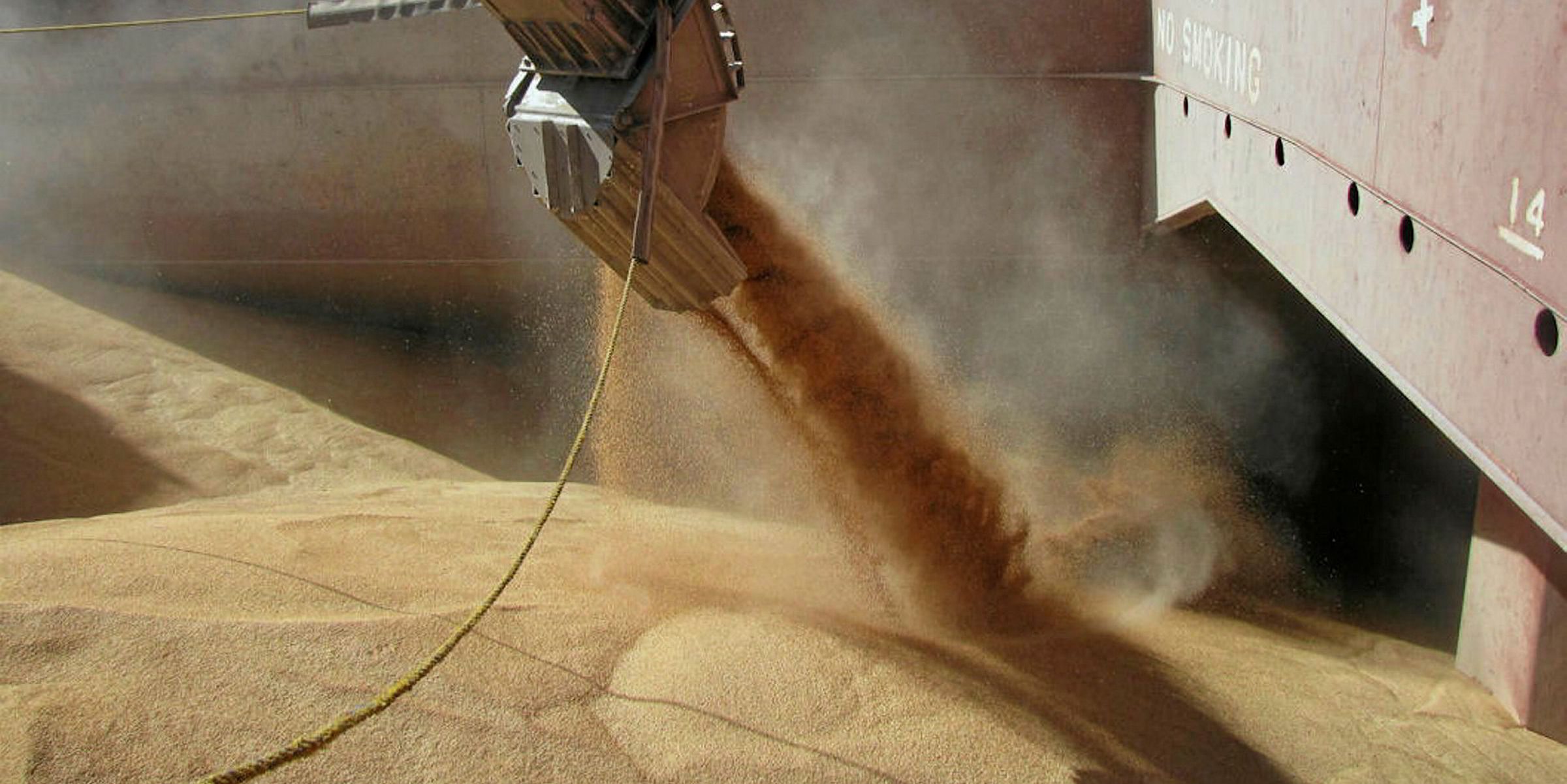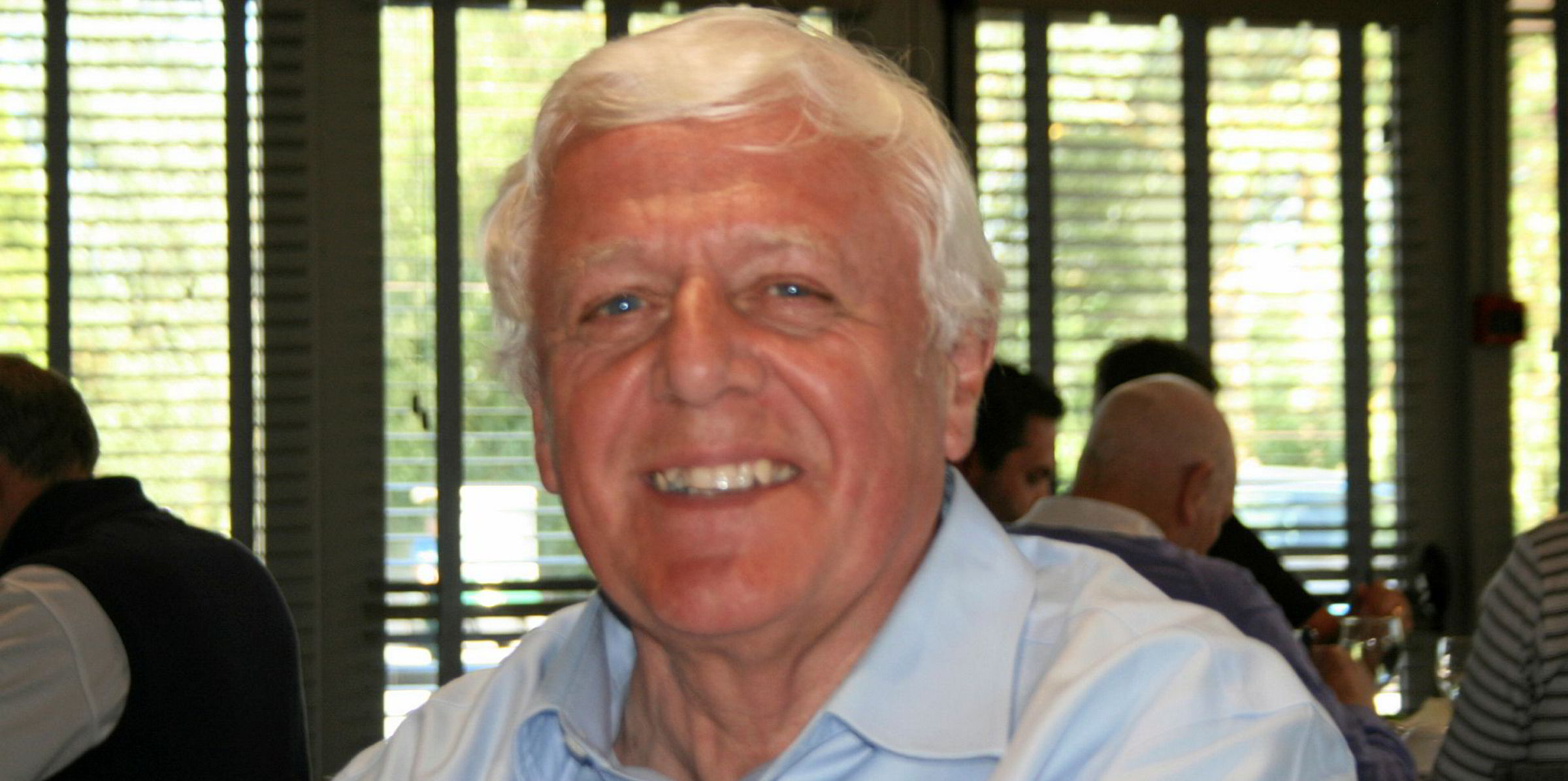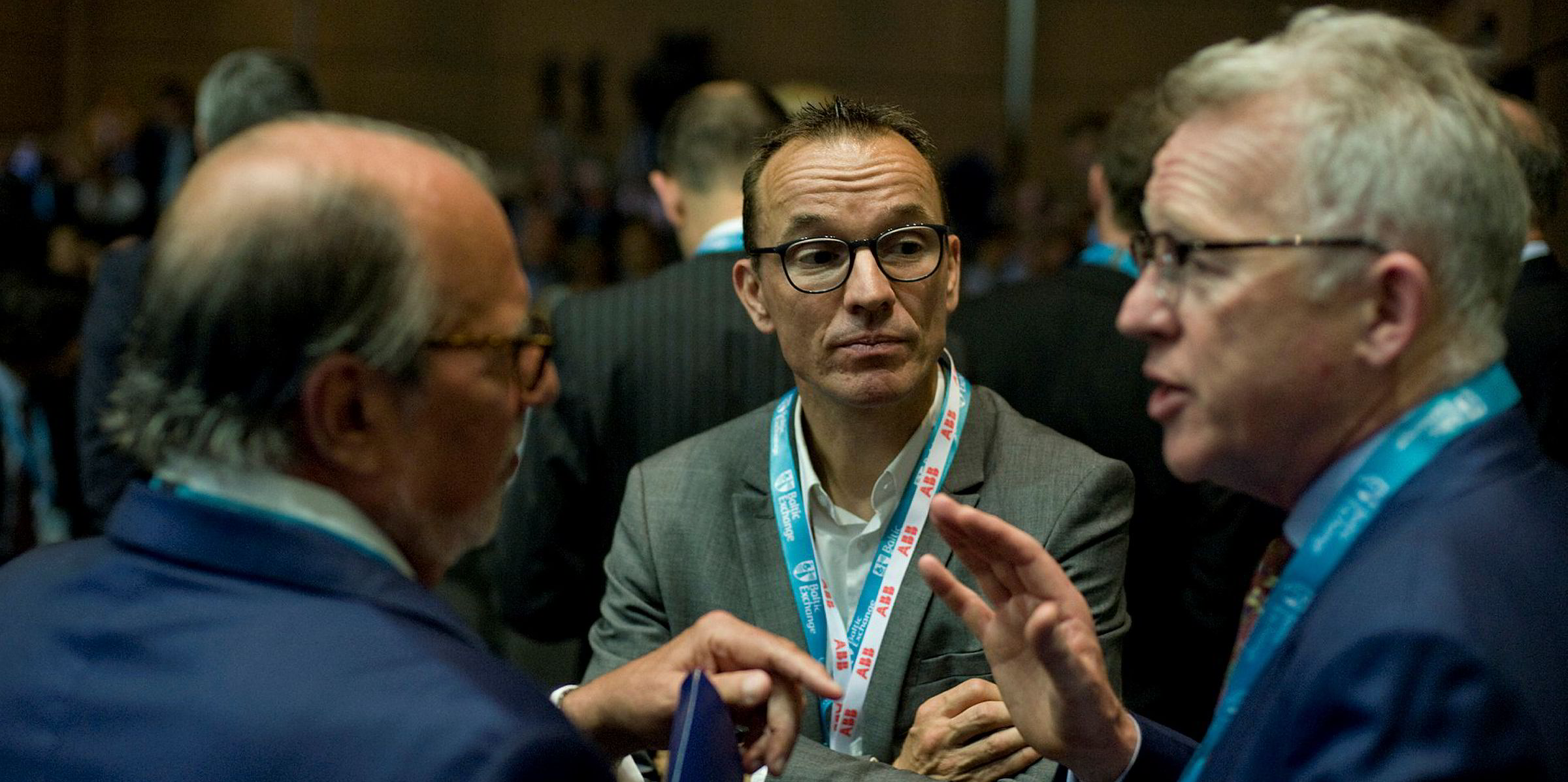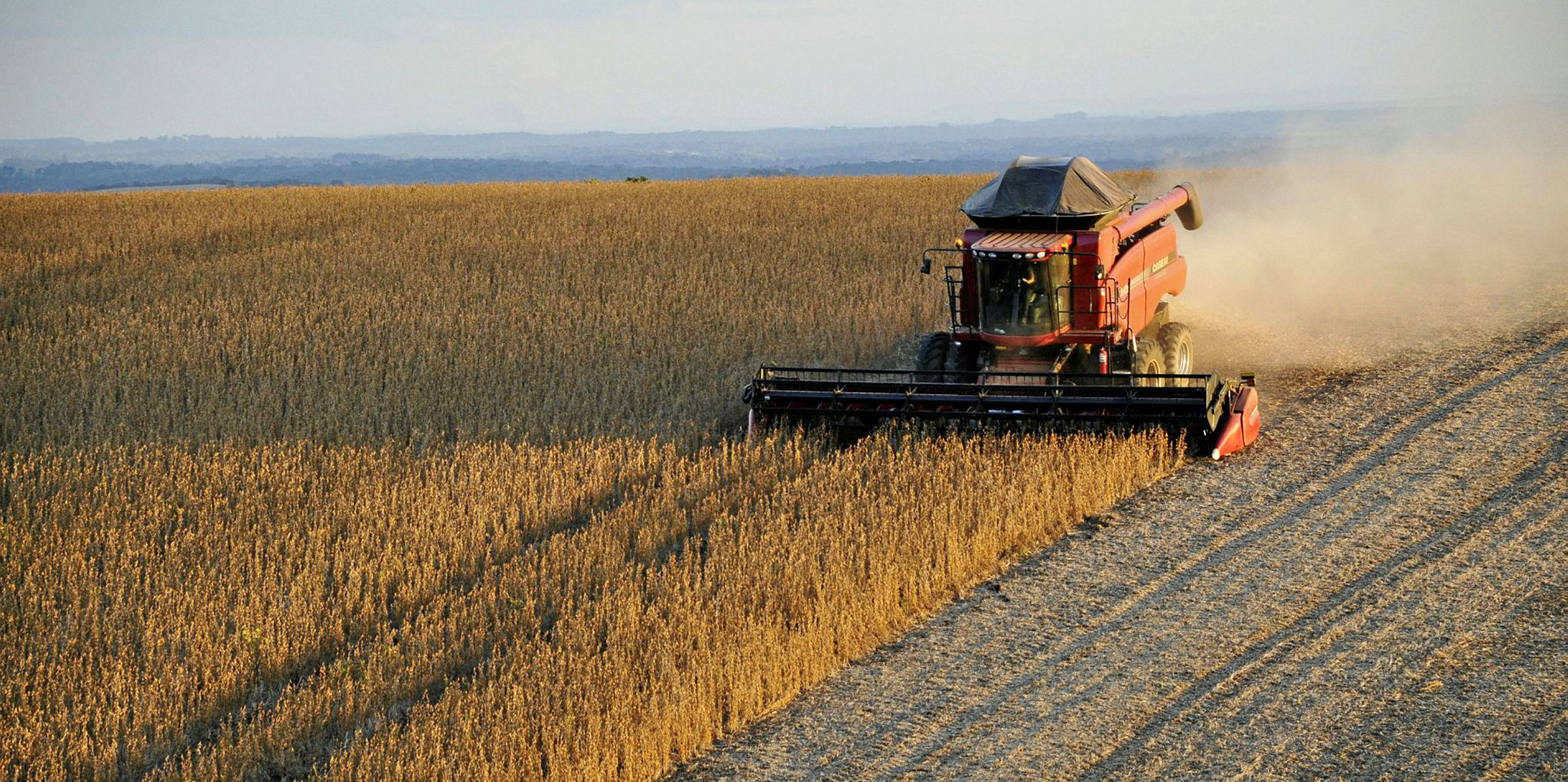The chief executive of a multinational trading conglomerate wrote some time ago that “trade feeds the world”.
With predictions that more than nine billion people will be living on this planet by 2050 — nearly two billion more than today — it is difficult to argue against the vital role traders and shipping companies play in the supply of food globally.
Production of agricultural commodities such as sugar, soy and wheat have been increasing rapidly, and account for a significant proportion of the 10 billion tonnes per year of seaborne trade.
Land at its limit
It has reached the point where pressure on agricultural land is now said to be stretched to the limit and, as with other natural resources, sustainability has become a priority.
But how sustainable is the current system if claims of human rights violations are to be believed?
Despite what should be a win-win situation for traders, producers and shipowners, a new report by the Zurich-based non-governmental organisation (NGO) Public Eye says there are many people working on farms and plantations around the world that are losing out.
In Public Eye’s crosshairs are traders who, it claims, abuse their growing market power and their increasing role in owning and farming land. Abysmal pay, child labour, land grabbing and corruption is how the indictment reads.

These traders, like shipbrokers, miners and oil companies, form part of the chain that keeps shipowners’ vessels employed.
However, too many links in the system have been discredited over the years by bad practices.
Not least structural problems at Vale's mines in Brazil, including a recent dam collapse that killed more than 300 people, the Deepwater Horizon oil spill in 2010 and — going back 30 years — alcohol, fatigue and inadequate traffic control surrounding the Exxon Valdez disaster in 1989. The list goes on and on.
Enduring bad practices and inadequate regulations are often to blame and this is where the Swiss authorities are also in Public Eye’s sights.
The public will not appreciate the difference between traders and shipowners when they read allegations of farm workers in producer countries being exploited and see pictures of cargo holds on ships owned or chartered by traders
Trading houses rule
In their rush to attract the multi-billion dollar, multinational traders to the shores of Lake Geneva, they have allowed inadequate transparency and protection of human rights in food production to persist, it is claimed.
“In reality, the trading houses determine what is produced, under which conditions and at what price, while the people who produce the commodities have no means of concluding contracts that provide fair conditions,” said Public Eye, an organisation which dates back more than 50 years to the Berne Declaration that campaigns for a more equitable relationship between Switzerland and Third World countries.
Its targeting of Swiss traders on the agricultural-cargoes front follows earlier attacks on their oil, coal and metals peers.
Not least, a report entitled Dirty Diesel — How Swiss Traders Flood Africa with Toxic Fuels. Many will also remember the Probo Koala case, when a trader offloaded toxic slops at the Port of Abidjan in the Ivory Coast in 2006.
But that is only half the story.
As one shipbroker in Geneva familiar with the city’s trading community was keen to argue: “These guys are professionals. They know what they are talking about. But it is very complicated when you have to explain yourself, why you have done this or that business.”
Dirty Diesel report
And as Joel Dervain, executive secretary of the African Refiners' Association, pointed out in a letter to Public Eye in 2016 in response to the Dirty Diesel report, governments are responsible for setting specifications and improving fuel quality in Africa, not the fuel suppliers.
Dervain said it took the US and Europe 25 years to upgrade refineries to produce low-sulphur fuels and Africa requires huge investment to catch up.
The Geneva shipbroker's view is that: “These NGOs need to realise that a lot needs to be done in Africa. But that is in the hands of the governments to make the necessary investments.”
Meanwhile, the big traders’ sustainability reports inevitably talk about their commitment to human rights legislation.
“We are passionate about our purpose to be the global leader in nourishing people and operating responsibly across the agricultural, food, industrial and financial markets we serve,” said one trader responsible for tens of millions of tonnes of seaborne commodities each year.
But, it is what happens on the ground that matters and the shipping industry knows only too well that, as the Indian subcontinent shiprecycling industry has learned, environmental and human-welfare groups have global tentacles and can inflict enormous reputational damage.
The public will not appreciate the difference between traders and shipowners when they read allegations of farm workers in producer countries being exploited and they see pictures of cargo holds on ships owned or chartered by traders.
Transparency and ethical practices are paramount, but as the Geneva shipbroker commented on the Dirty Diesel allegations: “Just because traders work in Africa, it doesn’t mean they are crooks.”





